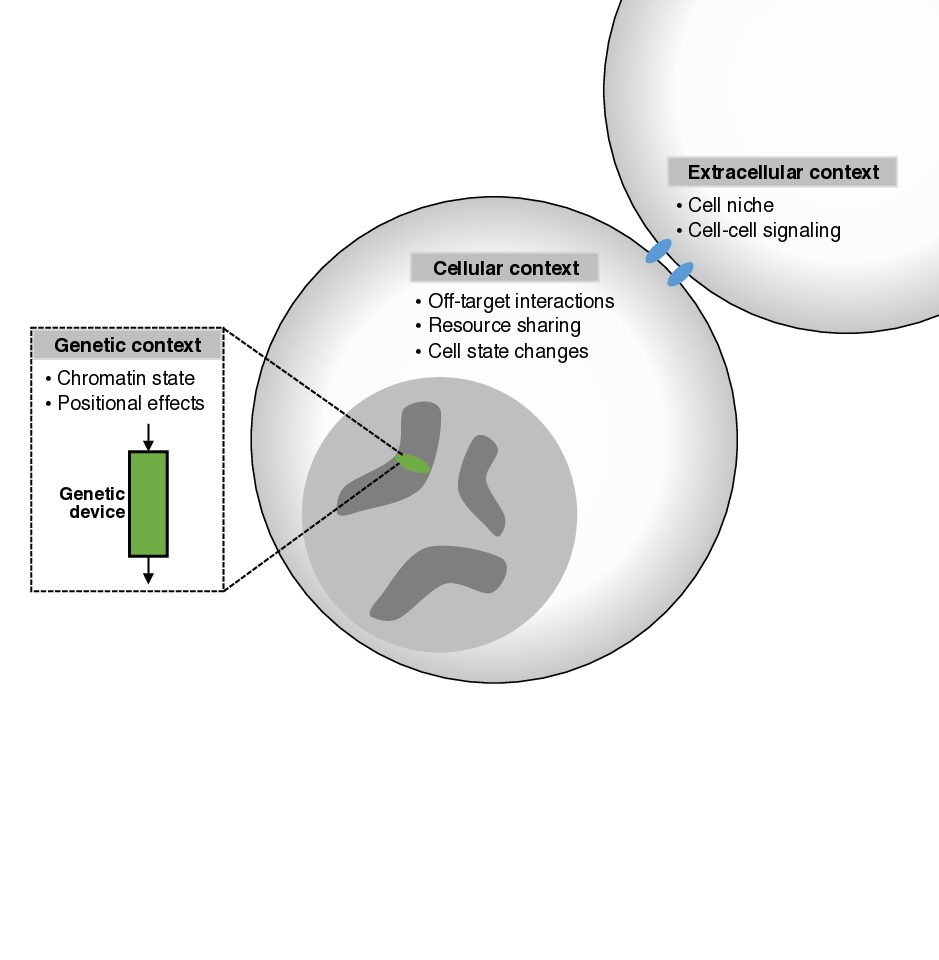Bio
“Context-Aware Synthetic Biology by Controller Design”

Domitilla Del Vecchio received the Ph. D. degree in Control and Dynamical Systems from the California Institute of Technology, Pasadena, and the Laurea degree in Electrical Engineering (Automation) from the University of Rome at Tor Vergata in 2005 and 1999, respectively. From 2006 to 2010, she was an Assistant Professor in the Department of Electrical Engineering and Computer Science and in the Center for Computational Medicine and Bioinformatics at the University of Michigan, Ann Arbor. In 2010, she joined the Department of Mechanical Engineering at the Massachusetts Institute of Technology (MIT), where she is currently Professor and member of the Synthetic Biology Center. She is a IEEE Fellow and a recipient of the Newton Award for Transformative Ideas during the COVID-19 Pandemic (2020), the 2016 Bose Research Award (MIT), the Donald P. Eckman Award from the American Automatic Control Council (2010), the NSF Career Award (2007), the American Control Conference Best Student Paper Award (2004), and the Bank of Italy Fellowship (2000). Her research focuses on developing techniques to make synthetic genetic circuits robust to context and on applying these to biosensing and cell fate control for regenerative medicine applications.
To join the live event please request the link by emailing: icm@jhu.edu
 Recording will be available here after the event.
Recording will be available here after the event.
Abstract
“Context-Aware Synthetic Biology by Controller Design”

Engineering biology has tremendous potential to impact a number of applications, from energy, to environment, to health. As the sophistication of engineered biological networks increases, the ability to predict system behavior becomes more limited. In fact, while a system’s component may be well characterized in isolation, the salient properties of this component often change in rather surprising ways once it interacts with other components in the cell or when the intra-cellular environment changes. This context-dependence of biological circuits makes it difficult to perform rational design and often leads to lengthy, combinatorial, design procedures where each module needs to be re-designed ad hoc when other parts are added to a system. In this talk, I will overview some causes of context-dependence, common in both mammalian and bacterial genetic circuits, and will demonstrate how the problem of insulating a genetic module from context can be mathematically formulated as a control theoretic problem of disturbance attenuation. I will show two solutions: feedforward control and feedback control. In particular, the feedback control architecture uses a covalent modification cycle as a key process to reach quasi-integral control, thus enabling attenuation of various disturbances arising from changes in intra-cellular context. These solutions support rational and modular design of sophisticated genetic circuits and can serve for engineering biological circuits that are more robust and predictable.
 Recording will be available here after the event.
Recording will be available here after the event.